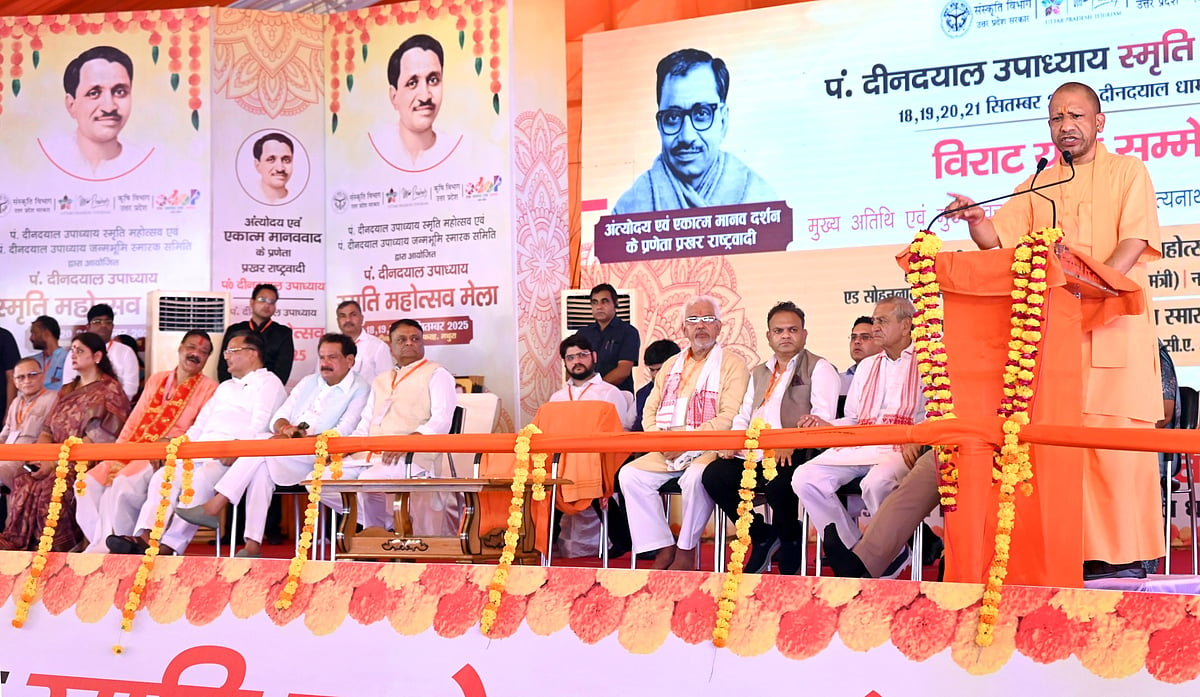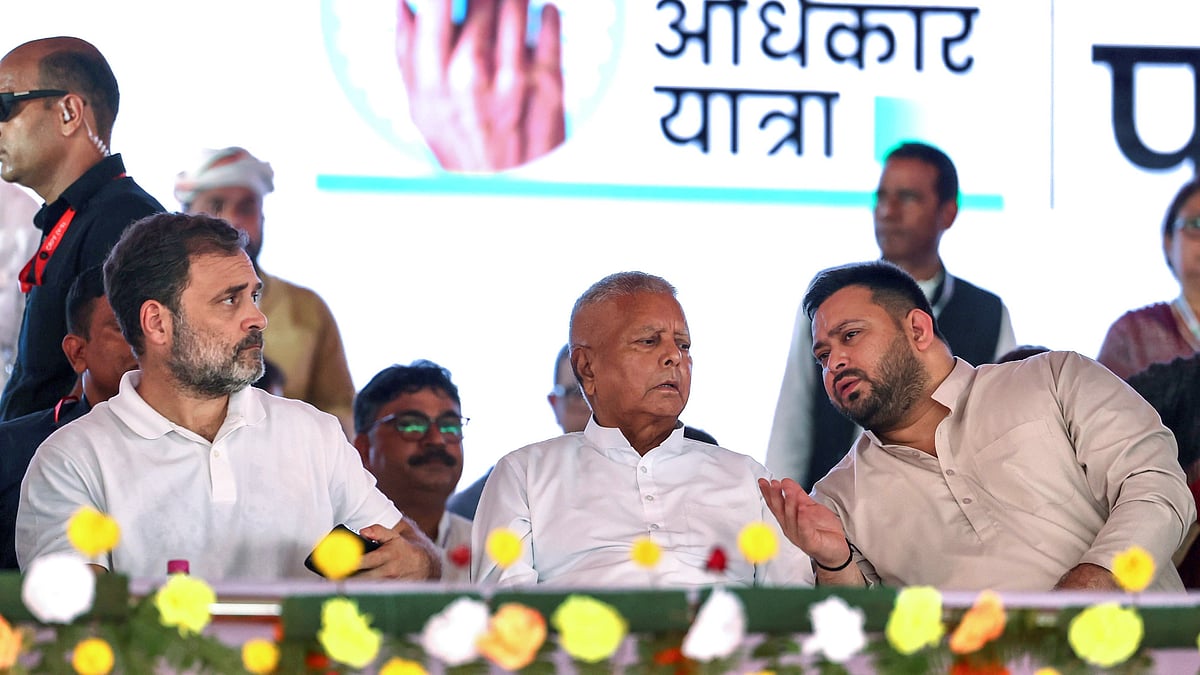In a press release by the Ministry of Consumer Affairs, Food & Public Distribution, on Sunday July 16, it has been informed that the wholesale prices of tomatoes will decrease from today. According to the press release, after a re-assessment of the situation from across 500 plus points in the country, it has been decided to sell it at ₹80 per kg from Sunday July 16, 2023.
Sales have started today at several points each in Delhi, Noida, Lucknow, Kanpur, Varanasi, Patna, Muzaffarpur and Arrah through NAFED and NCCF. It will be expanded to more cities from tomorrow depending upon the prevailing market prices at such locations.
According to the press release, the government of India intervened into the distressing problem of rising tomato prices and has made it possible to sell the fruit at concessional rate of ₹90 per kg, at several locations in the country where the prices were ruling exceptionally high.
On Saturday, tomatoes were being sold at discounted rates (₹90 per Kg) in Delhi, Noida, Muzaffarpur, Lucknow and Patna. The Ministry for Consumer Affairs also tweeted a list of locations for the sale of tomatoes at discounted prices for Delhi, Lucknow and Kanpur for Sunday.
The National Cooperative Consumers' Federation of India (NCCF) and National Agricultural Cooperative Marketing Federation of India (NAFED) are selling tomatoes on behalf of the Centre through mobile vans.
Meanwhile according to a report by the PTI, prices of tomatoes in the retail market remain at an elevated level of up to ₹250 per kg across major cities due to monsoon rains and lean season.
As per data compiled by the Department of Consumer Affairs, the average all-India retail price of tomatoes was ruling at ₹116.86 per kg on Saturday, while the maximum rate was ₹250 per kg and the minimum was ₹25 per kg. Modal price of tomatoes was ₹100 per kg.
Among metros, tomatoes were ruling at ₹178 per kg in Delhi, followed by ₹150 per kg in Mumbai, and ₹132 per kg in Chennai. The maximum price of ₹250 per kg was in Hapur.
Tomato prices normally shoot up during July-August and October-November periods, which are generally lean production months. The heavy monsoon this year caused the disruption in supply of fresh tomatoes to markets, which in turn led to the skyrocketing prices.












